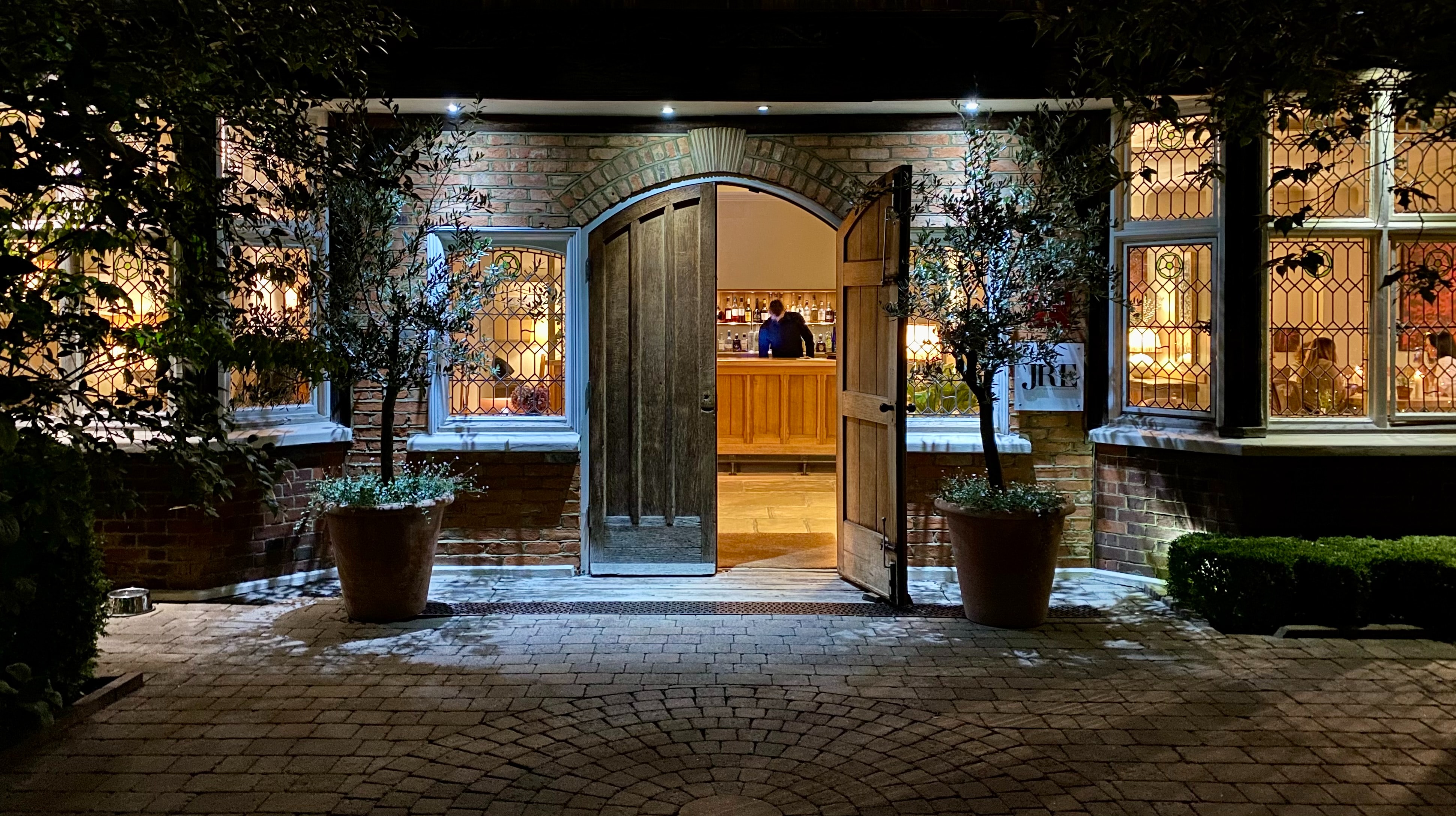I’ve always admired people who can host a good dinner party. I’m in awe of their ability to cook in bulk, and to do so while unflusteredly mingling with guests. I like having people over, but need to keep it casual and either order food in or have everyone bring a plate. So I certainly consider hospitality to be a gift, inasmuch as it’s the teenager taking your order at McDonald’s and the barista pouring your morning coffee.

Of course, hospitality is far more than hosting a good dinner party. I want to share with you three things I’ve seen, read or heard recently about transformative hospitality. I found these deeply encouraging and want to at least begin putting these insights into practice. I hope you’ll feel the same way.
#1 The secret ingredients of great hospitality – Will Guidara
Based on his book Unreasonable Hospitality, this TED talk plants the idea of transforming the service economy into the hospitality economy.
… in restaurants, our reason for being is to make people feel seen. It’s to make them feel welcome. It’s to give them a sense of belonging. See, in restaurants, the food, the service, the design, they’re simply ingredients in the recipe of human connection. That is hospitality.

Guidara’s three principles are:
- Be present
- Don’t take yourself too seriously
- One size fits one
He argues that a good product and efficient service are not enough. By going above and beyond to make people feel good and create memories for clients, we can give staff in any service industry – not just in hospitality – greater job satisfaction:
… unreasonable hospitality helped my restaurant accomplish every single one of our goals, and it turned the people I worked with from a collection of individuals into a trusting team, unlocking a collective creativity and capacity we had never experienced before.
Admittedly, Lesson 3 “one size fits one” is much more achievable at the prestigious fine dining establishment Guidara founded in New York than at your local fast food joint. But all three lessons are actually about a posture of being other-centred.
That’s true service, and it takes the concept of hospitality beyond the realm of business and into the spiritual.

#2 “I was a stranger and you welcomed me” – Malcolm Gladwell
Have I mentioned that I am a HUGE Malcolm Gladwell fan? Honestly, I wish I could write books like this guy, not to mention his podcasting.
The most recent series of Gladwell’s Revisionist History podcast includes an episode about his parents’ church community. In Canada in the 1970s, these Christians welcomed Vietnamese refugees into their homes and communities. The legacy was profound:
The result is that in recent years, the number of refugees who come to Canada with private support dwarfs the number who come in through official channels — and Canada currently re-settles more refugees, on a per capita basis, than almost any other country in the world.

This story demonstrates the power of collective and consistent kindness. The world is not necessarily changed by one-off, heroic sacrifices – just ordinary people willing to pitch in a little on a regular basis.
The biggest act we can perform for another is sacrifice: where we surrender something important for someone else, where we take a risk for someone else. The step below that is generosity: where we surrender some share of our time or resources for another. Kindness is entry-level caring: kindness is just the temporary suspension of indifference.
Kindness is just the temporary suspension of indifference. Don’t we need a little more of this in the world today?
#3 Reaching Out – Henri Nouwen
This is a short but profound book about identity, connection and spirituality – pretty much all my favourite things to think and write about. And Nouwen does so in such an insightful, compassionate way.
There is a lot of wisdom in this book, but one highlight is the exploration of hospitality being (as in Guidara’s talk) a posture rather than an act. It’s about truly listening:
Someone who is filled with ideas, concepts, opinions and convictions cannot be a good host. There is no inner space to listen, no openness to discover the gift of the other.
In other words, hospitality is a necessary framework for deep and authentic relationships. Hospitality is, in Nouwen’s view, positioned on the other end of the pendulum to hostility – the end we should be moving towards.

While in the hospitality industry we expect that the customer is always right, genuine hospitality is not a blanket indulgence of the other. Instead, it requires being truly ourselves, too, even if that is confronting:
We can enter into communication with the other only when our own life choices, attitudes and viewpoints offer the boundaries that challenge strangers to become aware of their own position and to explore it critically … Receptivity without confrontation leads to a bland neutrality that serves nobody. Confrontation without receptivity leads to an oppressive aggression which hurts everybody.
In this way, hospitality creates space where a stranger becomes a friend rather than an enemy:
We cannot change the world by a new plan, project or idea. We cannot even change other people by our convictions, stories, advice and proposals, but we can offer a space where people are encouraged to disarm themselves, lay aside their occupations and preoccupations and to listen with attention and care to the voice speaking in their own centre.
It is beautiful to think we can do this for each other – help each other discover the voice speaking in our own centres.

I almost included a fourth item, but it didn’t make the cut because I heard it a while back, not recently. Still, I wanted to mention Danielle Strickland’s “Free to Serve” in this same context of hospitality, because it’s a compelling talk on how serving and being served relate to our purpose and identity.
Do you have something to add to this short list? I’d love to hear your suggestions on articles, books, podcasts and talks on hospitality – please leave a comment!
Header image: Sasha Zvereva.




1 comment